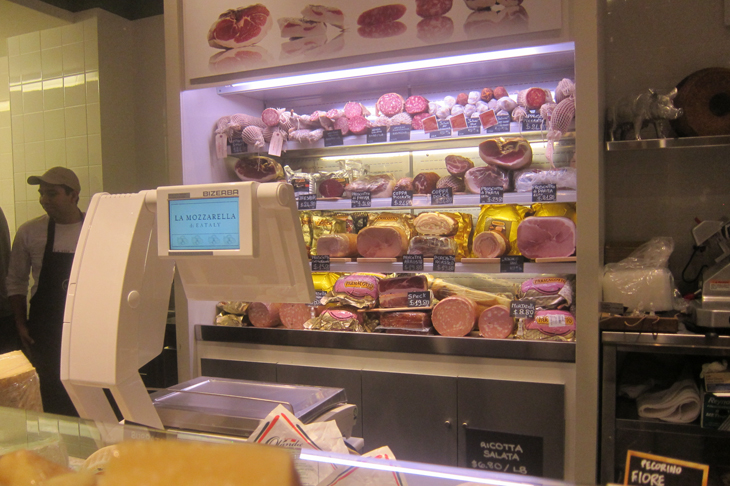In last week’s edition of The Speccie our esteemed editor repeated a widely believed urban myth about the origin of ‘chunder’ – the Aussie word for vomiting. The myth, embraced by many (including the brilliant Barry Humphries) is that it began as an old nautical expression: a courtesy shout from the upper decks to those below ‘Watch Under!’ A lovely story, although perhaps it’s unlikely that a sea-sick vomiter would have the presence of mind (or even the time) to warn those below.
Already a subscriber? Log in
Subscribe for just $2 a week
Try a month of The Spectator Australia absolutely free and without commitment. Not only that but – if you choose to continue – you’ll pay just $2 a week for your first year.
- Unlimited access to spectator.com.au and app
- The weekly edition on the Spectator Australia app
- Spectator podcasts and newsletters
- Full access to spectator.co.uk
Unlock this article
Contact Kel at Ozwords.com.au
You might disagree with half of it, but you’ll enjoy reading all of it. Try your first month for free, then just $2 a week for the remainder of your first year.














Comments
Don't miss out
Join the conversation with other Spectator Australia readers. Subscribe to leave a comment.
SUBSCRIBEAlready a subscriber? Log in